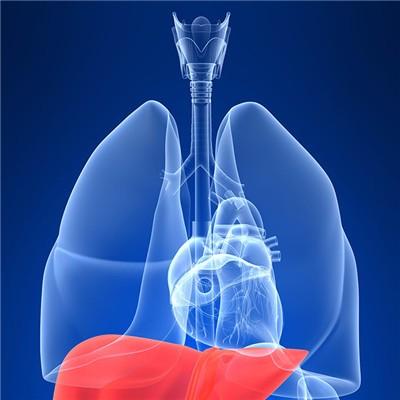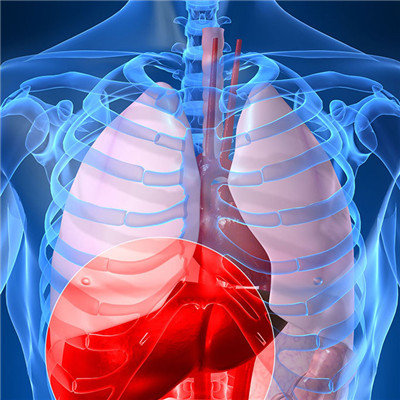Why does a cold have a sore throat? Watch out for pharyngitis
summary
Sore throat is one of the most common diseases. It often occurs in the cold season of a year. Cold, tonsillitis, sinusitis, pertussis, laryngitis and virus infection are usually accompanied by sore throat. Most acute sore throat will automatically disappear within a few days to weeks; however, if the pain persists or worsens within a few days, you need to see a doctor. Let's talk about why a cold has a sore throat.
Why does a cold have a sore throat? Watch out for pharyngitis
First: acute pharyngitis acute pharyngitis is one of the common pharyngeal diseases, the main reason is hemolytic streptococcus, pneumococcus or virus infection. Acute pharyngitis is sometimes a part of acute upper respiratory tract infection, and acute tonsillitis, acute rhinitis, acute laryngitis exist at the same time. Sometimes acute pharyngitis is the precursor symptom of some acute infectious diseases, such as measles, pertussis, scarlet fever, etc. The main clinical manifestations were dry throat, burning sensation, slight pain, and then aggravation of pain. The pain aggravated when swallowing, often accompanied by general discomfort, chills, fever, headache and limb soreness. Examination of pharyngeal congestion, or viscous secretions, neck lymph node tenderness, increased white blood cells.

Second: acute tonsillitis acute tonsillitis is a common disease. The main cause of the disease is B hemolytic streptococcus or other Staphylococcus or pneumococcal infection. The symptoms vary in severity, including general discomfort, aversion to cold, fever, headache, sore limbs, sore throat, swelling and pain of lower neck lymph nodes. Examination showed pharyngeal congestion, tonsil swelling, or surface purulent secretions, neck lymph node tenderness. Sometimes complicated with peritonsillitis or abscess, or complicated with acute rheumatic fever, myocarditis, nephritis and arthritis.

Third: peritonsillar abscess most of the peritonsillar abscess secondary to acute tonsillitis, especially in chronic tonsillitis repeatedly. The symptoms are similar to acute tonsillitis, but more serious. Pharyngeal pain is limited to one side. When swallowing, the pain is aggravated and radiates to the ipsilateral ear. After the abscess is formed, the systemic and local symptoms are aggravated, pharyngeal pain is aggravated, dysphagia, unclear language, difficulty in opening mouth, and even close teeth. The patient presented with acute appearance, head leaning to the affected side, limited neck movement, swollen lower palpebral lymph nodes and tenderness.

matters needing attention
Use towel gourd to make juice or cut off the towel gourd vine to let the juice drip naturally. Then put it into a bowl, add a proper amount of rock sugar and steam it in a pot. It can effectively treat children's sore throat.














